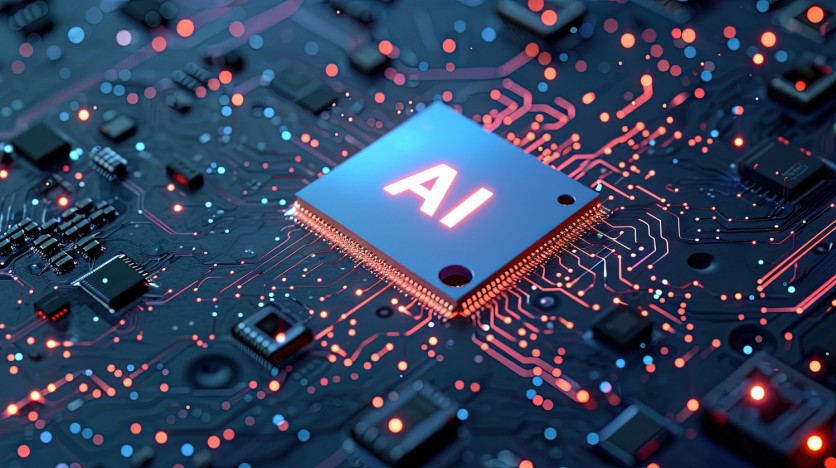Researchers from the University of Exeter Law School, the University of Reading, Mutual of America Financial Group, Lux Mediation, and IBM have explored the potential of AI-powered digital watermarks in expediting copyright infringement cases.
According to Tech Xplore, the findings suggest that this technology fusion could revolutionize legal proceedings by improving data assessment related to copyright breaches, facilitating quicker lawsuits, and providing additional evidence to courts.
"AI can assist arbitrators with their case and process management, the gathering and analysis of facts as well as with their decision-making by providing prediction models," Professor James Griffin of the University of Exeter Law School said in a statement.

Digital Watermarks and AI
The integration of digital watermarks and AI is anticipated to streamline the resolution of copyright disputes, particularly in emerging areas like 3D printing.
The study applied an existing AI system to analyze copyright case law, focusing on its applicability to 3D printing disputes. The researchers observed that using more complex digital watermarks significantly contributed to faster and more accurate dispute resolutions.
Digital fingerprint watermarks are commonly employed in digital services like YouTube, and the study suggests that they may extend their application to traditional physical media and modern technologies such as 3D printing.
The study highlights the intersection of digital watermarking and machine learning, predicting that AI will play a pivotal role in enhancing law administration.
Griffin emphasized the significant impact of AI on law administration, asserting that the intersection of digital watermarking and machine learning has transformative potential.
Griffin noted that AI can leverage technologies like digital fingerprint watermarking and natural language programming to expedite the resolution of 3D printing copyright disputes with speed and efficiency.
AI's Contribution to Online Copyright Infringement
The study underscores how AI can contribute to the efficiency of online copyright infringement hearings and support the expedited resolution of 3D printing copyright disputes through alternative dispute resolution (ADR) methods, including arbitration and mediation.
The use of AI-powered analytics can aid in identifying patterns and trends in past arbitration decisions, promoting consistency and predictability in decision-making, according to Griffin.
However, the study also raises caution about the potential rise in small-scale disputes due to the increased use of watermarking and AI.
While acknowledging the benefits of AI in streamlining processes, the researchers emphasize the need for closer attention to certain legal issues, such as the explicit consideration of how watermarking influences AI dispute resolution and the role of judges in AI-based resolution methods.
"The conclusion argues that certain issues merit closer attention. For example, there should be more explicit consideration in law of how watermarking can influence the direction of AI dispute resolution, through ADR methods, and that the role of the judge in such AI dispute resolution methods needs to be considered further," the authors of the study wrote.
The findings of the study can be found here.
Related Article : More Than 70% of Musicians Worried About the Impact of AI on Music Industry, New Study Finds

![Apple Watch Series 10 [GPS 42mm]](https://d.techtimes.com/en/full/453899/apple-watch-series-10-gps-42mm.jpg?w=184&h=103&f=9fb3c2ea2db928c663d1d2eadbcb3e52)



